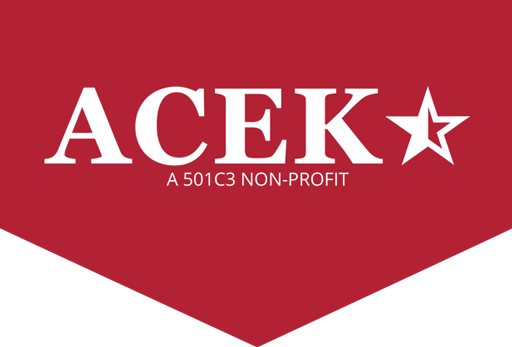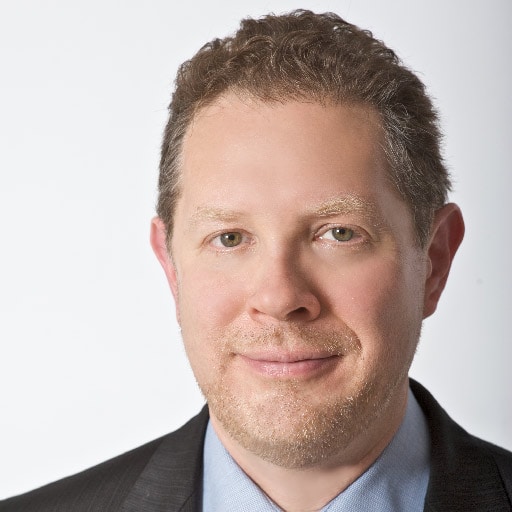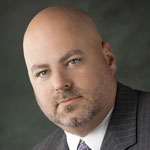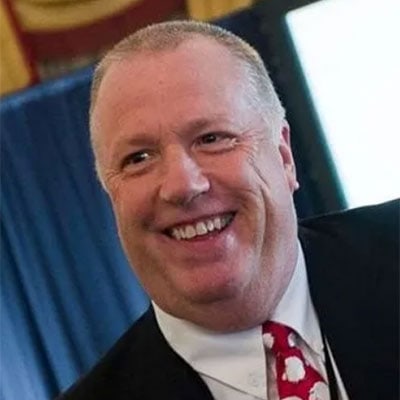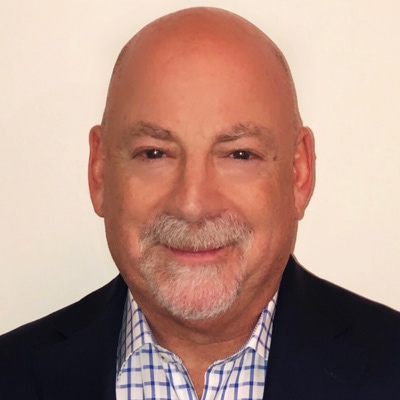Representative Dan Crenshaw (R-TX) hit the nail on the head with a brilliant essay in the Wall Street Journal. In answer to the provocative question “Why does reopening polarize us?” he focuses cleanly on the psychology of risk.
There’s no sugar-coating the choices we face. People living in isolation, shut into their own homes, are far less likely to contract communicable diseases than are those moving about in public. That’s true every flu season, but it’s particularly important when we find ourselves facing a viral pandemic with no known cure.
Reopening the economy imposes risks. Of course, so does everything else we do. We’d all be safer if we all stayed at home whether or not a viral pandemic exists beyond our doors. The question is who gets to decide how much risk is tolerable. The federal government? Governors and mayors? Or individual citizens?
Though Crenshaw casts it in partisan terms, it shouldn’t be. America was founded on the ideals of individual freedom and personal responsibility. Crenshaw’s closing thought is one with which we here at ACEK agree fully—as should all Americans:
Just because you can work remotely doesn’t mean others can, too. Just because you don’t want to confront risk doesn’t mean others should be prevented from doing so. Just because you have a single-dimensional view of “caring” doesn’t mean we can afford to ignore the consequences of economic devastation. It is time to reopen America in a smart and deliberate fashion and stop calling people murderers because they want to get back to work. The American people are responsible enough to live free and confront risk. Let them do so.
Read more in the Wall Street Journal
